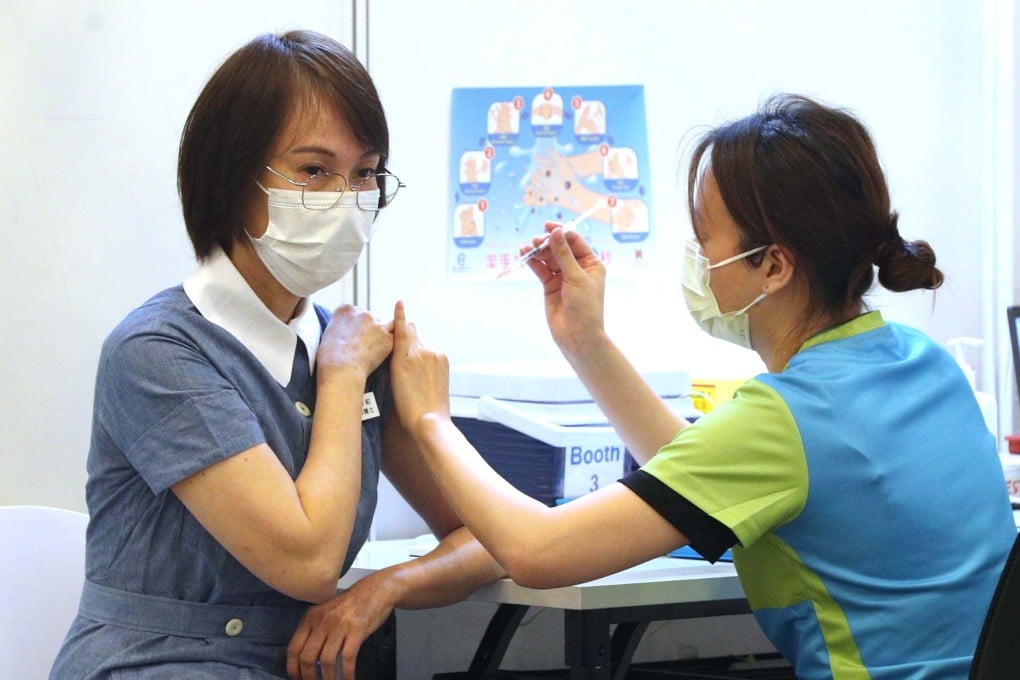Hong Kong’s universities address future public health care needs with masters courses – HKU, Baptist University and Chinese University to name three
- Master of Science in Public Health courses don’t require a science background and fit with WHO thinking that careers in the field are set for strong growth
- HKU was 22nd in the 2022 QS World University Rankings and 30th in the Times Higher Education rankings and its School of Public Health is headed by Professor Keiji Fukuda

Maintaining and improving the health of its citizens is one of the most important functions of any government at any time as the world struggles to curb the spread of Covid-19.
The current pandemic has made clear the importance of quality health care, and more specialists are needed globally. A career in public health is a rewarding one since the work has a positive impact on society, not to mention it typically provides financial stability. According to the World Health Organization (WHO), careers in health education and community health are projected to grow faster than average over the next decade.
Public health care is a broad field of study. Coursework may include many business-based modules, while also delving into medical subjects such as health policy, hospital management, as well as the emotional and practical sides of health. These various topics come with an added focus on leadership and collaboration to help students work through future challenges in their jobs and optimise their everyday public health practice.
In Hong Kong, several leading universities are already offering postgraduate courses in public health care. Unlike a medical degree programme, students without a science background are eligible to study for a Master of Science in Public Health (MPH). Most universities offer a full- or part-time degree programme so that busy learners can further their education in a way that is convenient for them.
One institution that has made huge strides in this particular field is Hong Kong Baptist University (HKBU). Its MSc in Environmental and Public Health Management programme is designed to equip students with management skills in environmental science, technology and public health care that would collectively contribute to a healthier and more environmentally friendly society.

According to Dr Chung Shan-shan, HKBU’s senior lecturer and director for this MSc programme, the course explores in detail relationships among economics, regulation and policy, management techniques, health risk analysis, social and ethical value, and environmental conservation. It is also the only university in Hong Kong that integrates environment and public health in its MPH programme.